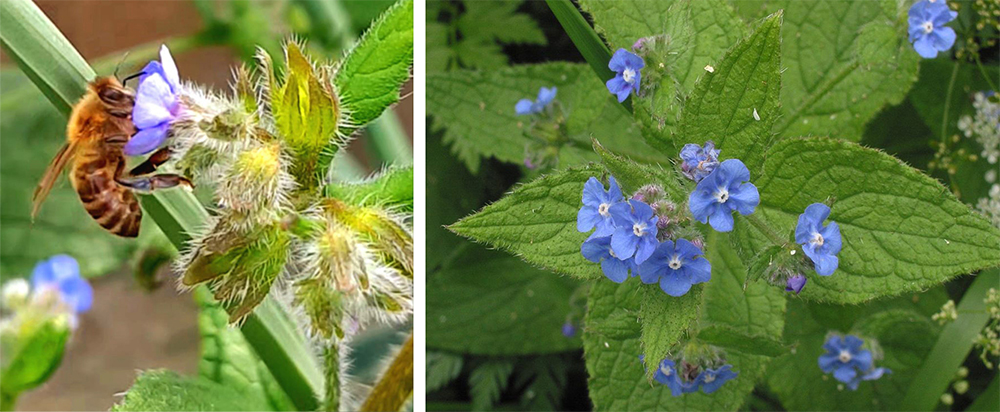‘Api’ World Bee Day!
Today is World Bee Day and here Kairos beekeeper Grace Madden celebrates and reminds us how we can help to feed them
This is the perfect day to highlight the importance of feeding our bees.
London’s bee population has trippled in the past decade and is now thought to have the densest population in Europe. Having ‘saved’ our bees, we now need to start feeding them!
I’m a huge advocate of ‘no-mow May’. It’s the time of year when queen bees start to lay again so millions of larvae need nourishment to thrive. Less floral forage means less food, which means weaker colonies, a smaller honey harvest and much reduced pollination of our crops.
The lack of food resources has put a huge strain on all types of pollinators because they are in constant competition for what little is available. This has led to the loss of some smaller pollinators from Greater London. You can see where I’m going with this but I’m not suggesting to let your green spaces go wild (although this would be ideal) but a manicured perfectly messy look would suffice!
One great ‘weed’ is the green alkanet. You might not know the name but you have seen the plant for sure. It sustains all pollinators in its abundance and it grows everywhere in spring and dies back into the summer, which is perfect for those who are conscious of ‘letting their gardens go’.
Pop a little sign up and spread the word: let your gardens grow!

